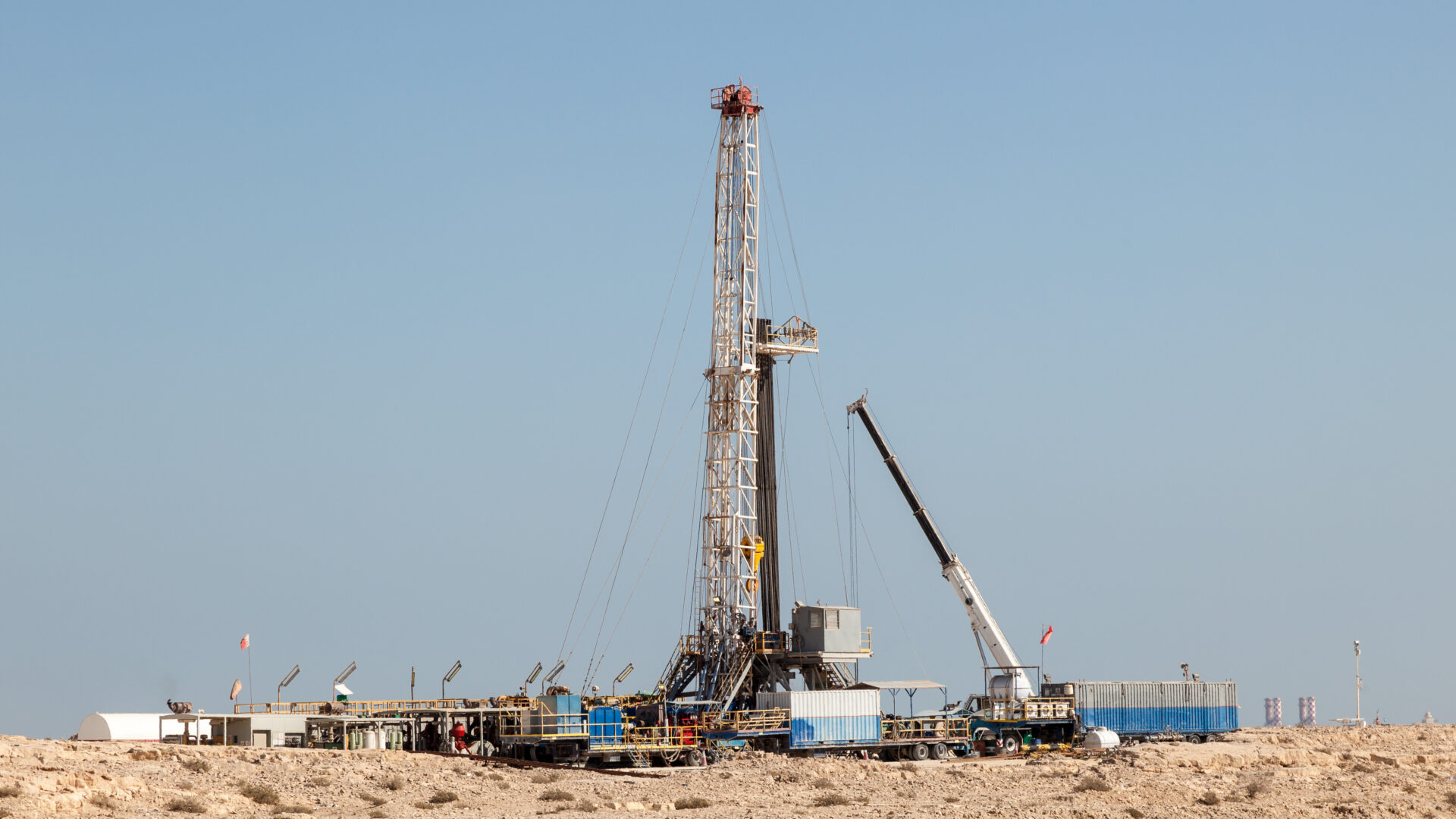Developed by Norway’s oil industry initiative, NORSOK, the well-respected D-010 standard for well integrity in drilling and well operations defines the minimal functional requirements for well design, planning and execution with the aim of maintaining well integrity throughout the life-cycle of the well. It includes a mixture of functional and prescriptive guidelines which are found very useful to operators, who use the standard as part of their management system and service contracts, and to regulators, who include references to D-010 as part of their guidelines.
In this blog post, we share why the D-010 course was developed, who it is designed for, and why this standard is a fundamental guideline to well integrity managemen.
Why was NORSOK D-010 course developed?
We have delivered multiple 1-2 day classroom D-010 training sessions since it became a well integrity standard in 2003, mainly targeting operators, rig contractors, service companies and regulators. The courses have been well received and for some, an eye-opener to the fundamental principles of well integrity.
“A big driver for developing the D-010 e-learning course modules was the pandemic preventing us from carrying out training in person – so creating an e-learning course was a good opportunity for us to explore another line of services and a way of presenting them which was new and had the potential to reach more people.
“Several of our customers are working closely with regulators in areas such as Canada, Norway and Australia, so both the operators and the regulators need to have an understanding of what this standard is so they can use it effectively in their role.”
What does the course cover?
“NORSOK D-010 is logically divided into thematic sections, and each one contains guidelines to assist students (learners) in preventing and solving well integrity issues. The curriculum takes you through the D-010 standard chapter by chapter, with a course module centered around each of the sections within the standard. This provides learners with a deeper understanding of the basic well integrity principles through a series of in-person training, eLearning or a combination of the two.
“This straightforward format and teaching approach is something that we’ve repeatedly received positive feedback for. Students need the knowledge and understanding to be able to answer some of the questions that are being raised through the learning part of the course so it’s important they get a full grasp of the subject right from the start.
“Both the standard itself and the course curriculum offer comprehensive insights into ensuring well integrity, with modules covering a broad range of topics from within the D-010 standard.
General principles
Terminology and definitions, well barrier schematics, well barrier elements, construction principles, pressure/in-flow testing, formation integrity, well shut in, well design and more
Drilling
Well barriers in drilling, drills, casing design, shallow gas, wellbore proximity, BOP testing frequency, acceptance
Completion
Well barriers, drills, design, production, gas lifted wells, injection wells
Abandonment
Well barriers, acceptance criteria for casing cement and cement plugs
Blowout control and contingency planning
General principles of planning and preparedness for blowouts response; estimation of flow rates, kill options, intervention, relief wells and more
Well killing and relief well drilling
Preparedness, planning and execution
Real life case studies
Focusing on well integrity across all phases of well operations
Who is the course for?
“It has largely been designed for operating companies, however it is also well suited to drilling contractors and service companies who are actually involved in the well construction and servicing activities – whether that be planning engineers onshore or those who are actually doing the physical work offshore, and regulators. We have even had logistic coordinators attending, who learned more about well integrity than they had learned offshore.
“The course is equally applicable to well testing, well intervention and production operations personnel working at every phase of an onshore or offshore well’s lifecycle, from the design and construction, through to operations, servicing and abandonment.”
At the end of the course what should attendees be able to do?
“If attendees pass the exam at the end of the course, it shows that they have a better understanding of the processes they are carrying out when it comes to well integrity. In other words, it’s all about gaining increased awareness and understanding on how to maintain control of a well so you don’t end up with a blowout or fires.
“Safety is the bottom line of course, but if you have a safe operation, you probably have an economic operation as well, so attendees should be able to go on and enhance their well’s performance and output once the course is complete.”
What has the feedback of the course been so far?
“Almost everyone who has completed the course stated they have learned and gained an increased understanding of well integrity compared to the awareness they had before starting the training.”
“We’ve received concrete feedback from attendees saying that they’ve learned a lot, and would like to see more video recordings and technical cases to illustrate the learning elements of the D-010.”
What do you think the future holds for the NORSOK standards and its impact on the oil industry?
“A wise man said to me many years ago ‘a standard is worth nothing, unless it is referred to.’ Standards are not normally legislative – they’re not part of the rules and regulations – a standard only justifies itself because somebody sees merit in it and decides to use it. Some regulators use the D-010 as a guideline, but not in the regulations themselves.
“I think the D-010 standard will be used more widely outside of Norway in the future. The current competition is the ISO standards and we want to make the D-010 an ISO standard. This would translate to the standard being recognized and applicable worldwide. That’s the next step for the standard itself to gain more momentum, however, there is a bit of competition in this space as there is another ISO standard which overlaps with the D-010.
Safety is a huge area of focus for operators around the world, and with this in mind, our ambition is to see the D-010 used more widely in the years to come. This kind of change is not instantaneous, naturally, some countries are quicker at adopting new standards and regulations. Those that have limited standards in place to start with will take longer to adhere to the new process or procedure So it will take a long time for the standard to be recognized at a global level.
“The growing skills gap could be another driver for this standard becoming more universal in the future. A lot of people like myself are exiting the industry and retiring, so you get new people coming in who need to be trained and have a deeper understanding of the standards they’re expected to follow. Interestingly, we recently received a D-010 training course enquiry from a team of young professionals working for a company in Algeria. As they hadn’t worked to this standard or used it in practice, they were looking to build a foundational level of understanding. Looking ahead, I think this is only going to become more common with the skills gap emerging and more knowledge lost through retirement.”
Why is it so important for people to take this course?
“If you look at the educational systems around the UK, US, Norway and Europe, I think a lot of people assume these standards would be covered at university if they study petroleum engineering or drilling engineering, but this unfortunately isn’t the case.
“The D-010 really is the core when it comes to understanding wells, it’s the essence of what you need to maintain control of a well. If you don’t abide by these guidelines, which you might do many times without thinking too much about it, you can potentially find yourself in an extremely dangerous situation. It’s really serious, we are sitting on top of something that can be quite devastating if it comes out of control, so it’s important that everyone involved in well construction understands their responsibility in ensuring safety and integrity.
“There was an incident in California where a gas storage plant had a blowout from one of the wells and AGR was involved in killing that well. Thousands of families and schools in the neighboring town had to be evacuated because gas was spreading through the area. This is only one example of the consequences of not maintaining well integrity, and why it’s so important to complete adequate training that enhances knowledge, instills confidence in teams and raises awareness of it.”
What would you say makes this course stand out against others in the industry?
“It’s one of a kind and at present, there isn’t a comparable course on the market that can take students through each section of the standard in the same way that we do. I think that in itself makes our course unique, but another factor is that it’s solely about D-010, nothing else, so the curriculum is very specific and goes into a lot of depth rather than being a broad over-generalized course.”



